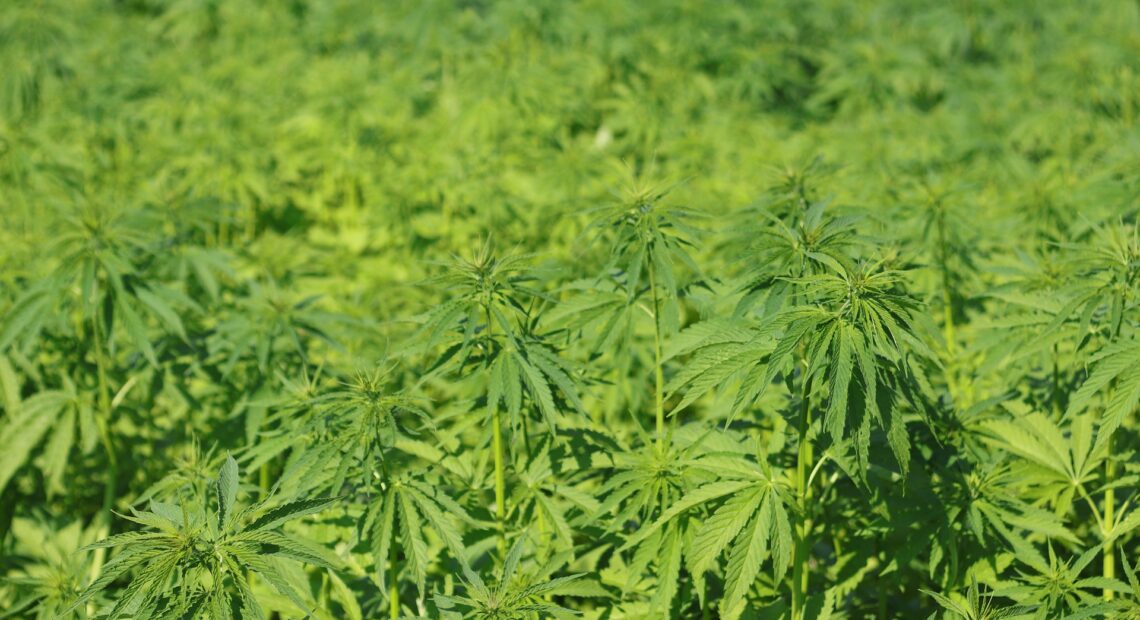
How Mandatory Pesticide Testing Is Impacting Cannabis Growers
Listen
(Runtime 2:51)
Read
There’s a deadline fast approaching for the cannabis industry in Washington. By September 1st, cannabis producers must sell all their goods produced before April of this year — or throw it out.
Micah Sherman, co-owner of Raven Grass in Olympia, has settled on this fate.
“We’re probably going to end up with quite a bit of product that we’re going to have to throw away,” Sherman said.
This is because of new pesticide testing requirements implemented for recreational cannabis in April. Anything produced before the rules went into effect can’t be sold to retailers after September first.
This is just one of the ways these new requirements are impacting the bottom line of cannabis producers across the state. Every strain has to be tested under the new regulations, creating a bigger cost burden for small batch, craft growers like Sherman.
This has meant a change in operations.
“What we’ve had to do is cut down on the variety and small batches that we’re growing, and grow larger amounts of the same strain,” Sherman said.
Sherman says that has an impact on consumers, with potentially less variety in the marketplace.
Exactly how costly are these tests to farms? Shawn DeNae Wagenseller, CEO of WA Bud Co. in Smokey Point, says she is now spending $1760 on testing monthly — she used to spend $680.
Wagenseller was planning to raise prices to deal with the extra cost, but she decided that might actually impact their business more.
“We held steady at our prices, and have just absorbed the cost so far,” Wagenseller said.
The testing costs have increased for smaller farms because the regulations increased the lot testing from five pounds to up to 50 pounds. Farmers that grow more can test more at once, which is an economic advantage to them. But those producing less are left paying more.
While the new pesticide testing requirements might seem like they would result in better consumer safety, growers disagree. Because producers self-select which samples to send for testing, both Sherman and Wagenseller say it’s easy for someone to cheat the system.
“There are definitely ways to cheat the system, because it’s based on self selection,” Wagenseller said. “People could send in samples of any product and call it whatever they want.”
Both producers would like to see the regulations handled by the Washington State Department of Agriculture. They think this would ensure better safety standards for consumers and support for producers. Right now, it’s the Washington State Liquor and Cannabis Board who has oversight.
Wagenseller says that makes sense for retailers, but not for the farms producing the cannabis.
The state liquor and cannabis board has had oversight since I-502 passed, which made cannabis legal recreationally.
Justin Nordhorn, director of Policy and External Affairs for the board, says that they have heard from some licensees that since the new rules have been in place that their testing costs have gone up. But not the majority of growers.
“Some smaller growers will say, ‘our costs have gone up.’ Now, we haven’t heard that across the board. And it’s really not the liquor and cannabis board’s role to control the cost of testing,” Nordhorn says.
It’s not. Labs where the testing occurs control the cost.
Only labs that are certified through a third-party contractor that the state liquor and cannabis board works with can do this type of testing.
“So, if they’re charging more, that’s a decision that they have made in this particular process,” Nordhorn says.
Nordhorn says it’s too early to make conclusions about whether the new regulations are working or not as it’s only been a few months, but they will be assessing in the future to see if modifications need to be made.
















